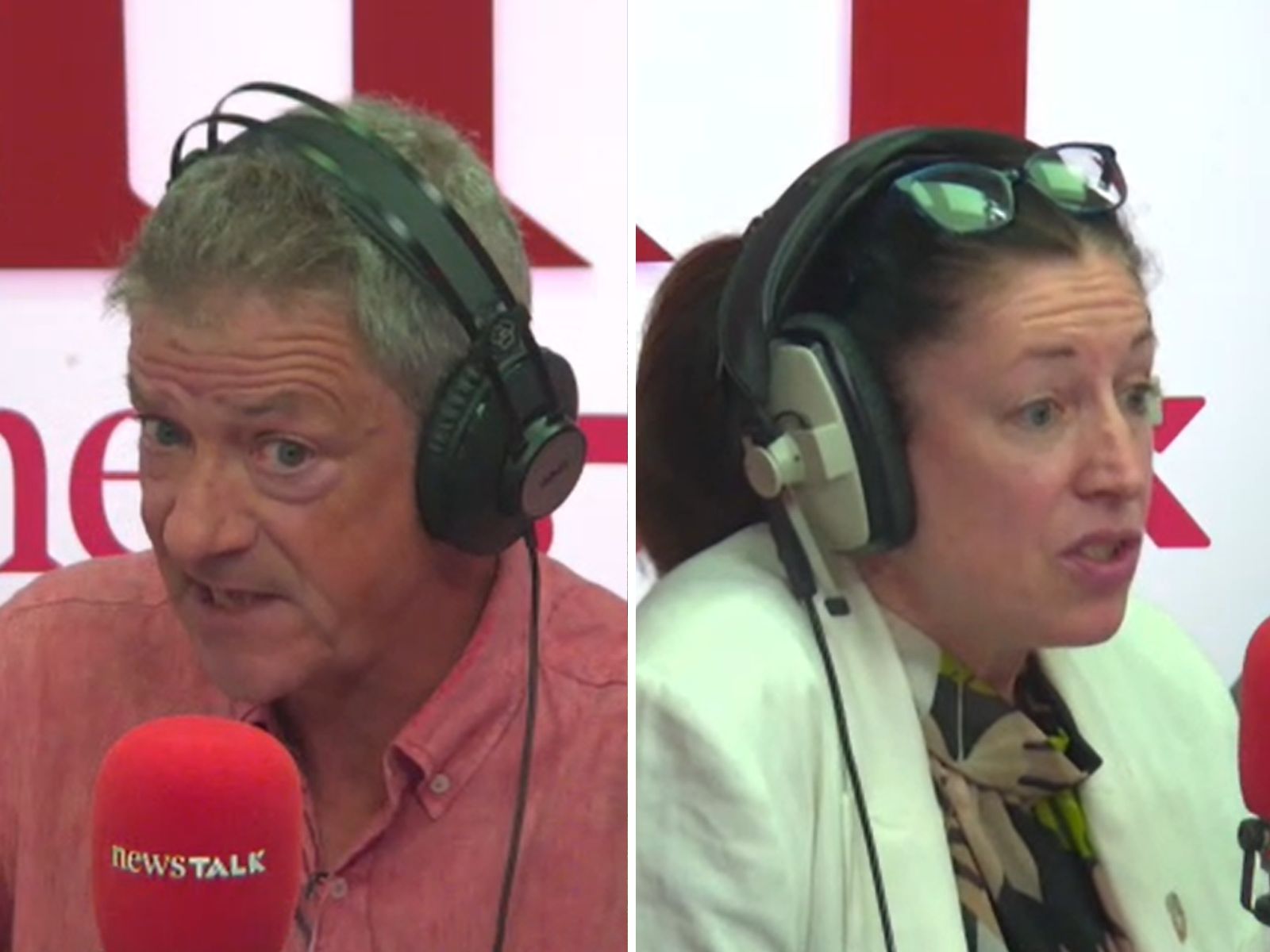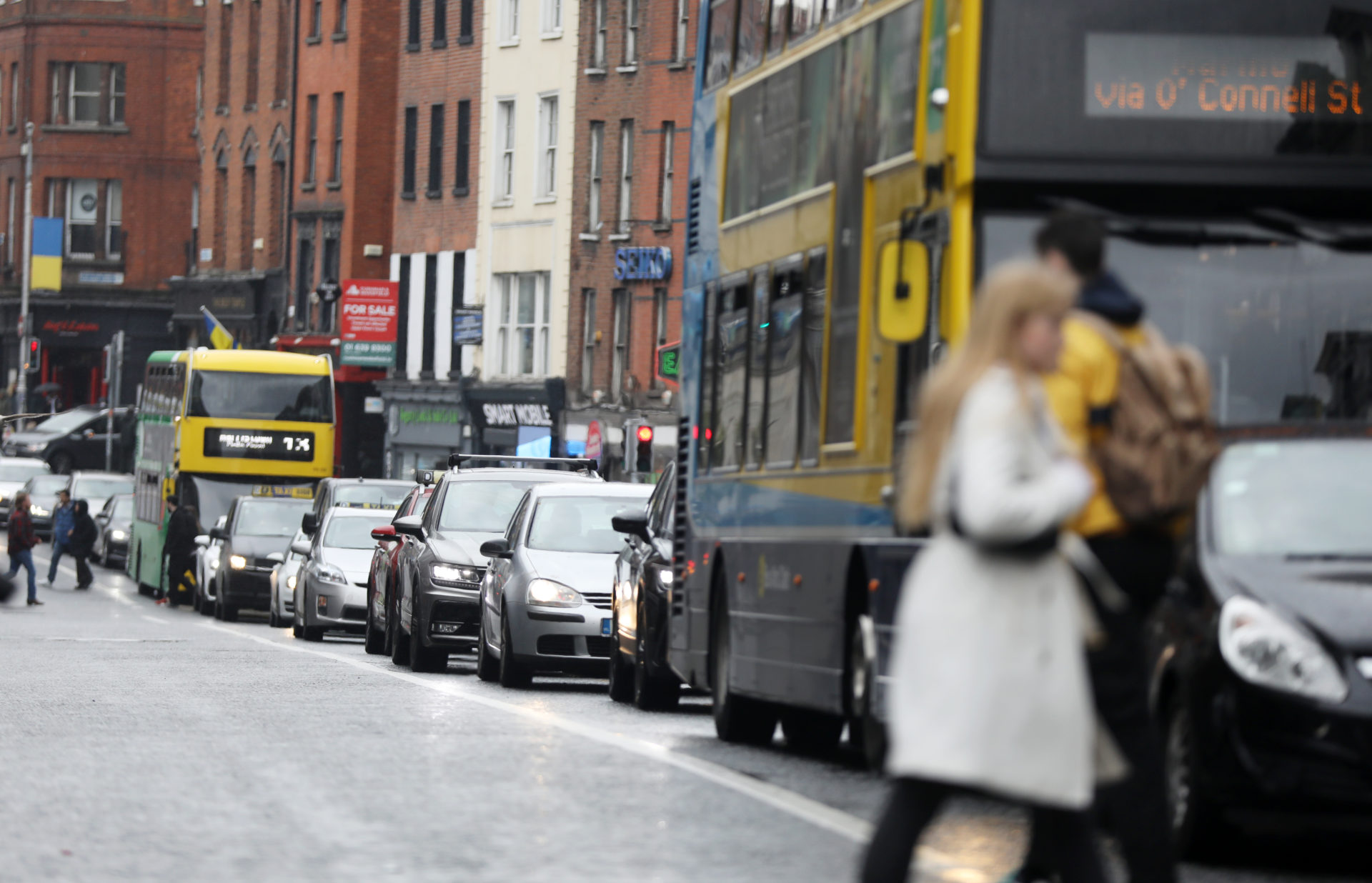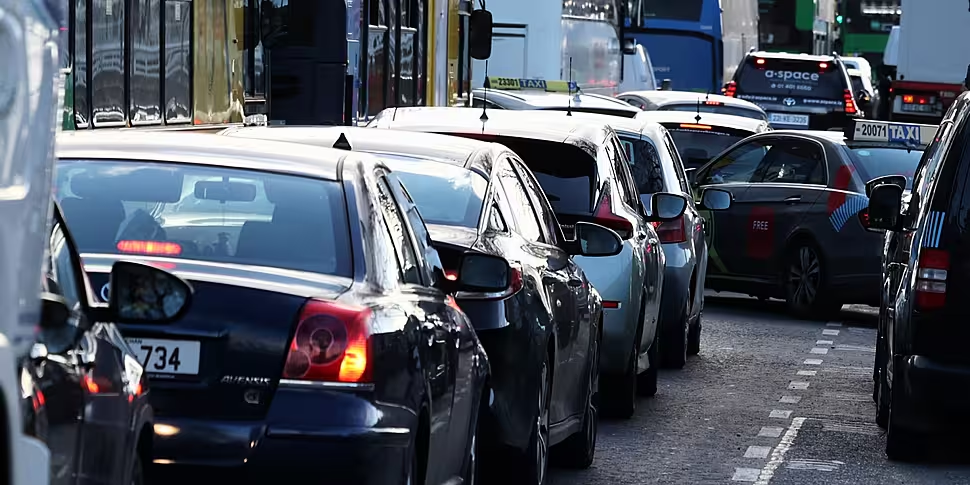The idea of introducing a charge on cars to use roads is 'moving the goalposts' on the climate argument.
That's according to transport commentator Conor Faughnan, who was speaking amid reports a new plan could see drivers charged as much as €163 for a trip from Cork to Dublin.
The so-called 'Road Usage Charge' from Transport Infrastructure Ireland (TII) would involve charging drivers for using the national road network.
The Irish Daily Mail reports a charge-per-kilometre plan is one option being looked at to make up a shortfall of up to €2 billion in lost revenue, while also halving emissions from transport by 2030.
Tánaiste Micheál Martin has since said the idea of road charges to make-up for lost tax revenue "won’t be happening."
“That won’t be happening”
Tánaiste Micheál Martin rubbishes the suggestion road charges will be introduced to make up for tax revenue lost on petrol and diesel pic.twitter.com/wgLh7LtB6k— Seán Defoe (@SeanDefoe) July 24, 2023
Stop Climate Chaos Policy Coordinator Sadhbh O'Neill told The Pat Kenny Show this approach is not a political one.
"It's a kind of an economic model of, 'What level of charge would you have to introduce in order to generate that level of demand reduction?'" she said.
"That's the way modelling works, and it's not a political proposal".
Ms O'Neill said similar ideas in other countries all formed part of a bigger discussion about the role of cars in cities.
"It usually began with a transition plan... where you'd get all the stakeholders together, you'd look at the options and you'd introduce a range of measures," she said.
"You need to be innovative, and the way this is being introduced I think will only get people's backs up if we discuss it in terms of, 'The Minister is going to charge you €38 to come from Maynooth into Dublin City'.
"That's not being proposed, nobody's going to get behind that".
 Split-screen image shows Conor Faughnan and Sadhbh O'Neill speaking on The Pat Kenny Show in Newstalk studios. Picture by: Newstalk
Split-screen image shows Conor Faughnan and Sadhbh O'Neill speaking on The Pat Kenny Show in Newstalk studios. Picture by: NewstalkMs O'Neill said any such charges are not likely to happen anytime soon.
"I know for a fact that politicians are extremely nervous about this particular conversation," she said.
"It's not bedded down in any concrete way in the Programme for Government.
"So it's not going to happen any time soon, but we do need to talk about it," she added.
Asked what the climate argument against electric cars would be, Ms O'Neill said we have to take a rounded view.
"If you're talking about climate specifically, then you're talking about tailpipe emissions," she said.
 Heavy traffic is seen on Dublin's Dame Street in April 2022. Picture by: RollingNews
Heavy traffic is seen on Dublin's Dame Street in April 2022. Picture by: RollingNews"But you also have to think about the total lifecycle cost of manufacturing and using cars.
"The cost of that in terms of material use and the burden on the road infrastructure.
"That is true of electric vehicles even more than ordinary vehicles because they tend to be heavier because of the batteries.
"The climate argument is about emissions, but we have to be holistic about it and think about the total environmental cost".
'Nothing to do with climate'
Mr Faughnan said this approach is moving the argument once again.
"You can hear the sound of the goalposts being moved," he said.
"There's over two million car users in Ireland, and they will listen to this and say, 'Oh for heaven's sake'.
"We were talking about tailpipe right up until the moment tailpipe ceased to be relevant, and then barely pausing for breath we've pulled another justification out of the air to continue hammering car use.
"You've got to be honest about that; if your default position is you want to stop car use and it's nothing to do with climate, say so.
"At least we're being honest, rather than pulling justifications out of the air".
'You can't ride both horses'
Mr Faughnan said the climate argument should be completely separate.
"Government, historically, does this pivot between the two: they care about tax revenue, they wave a climate flag in the air - 'Look how virtuous we're being, we care about climate'" he said.
"The thing about these measures is the more effective they are, the less revenue they raise.
"If your purpose is to stop car use, for example, you could succeed in doing it but you erode your revenue base.
"You can't really ride both horses in different directions," he added.
Listen back here:









